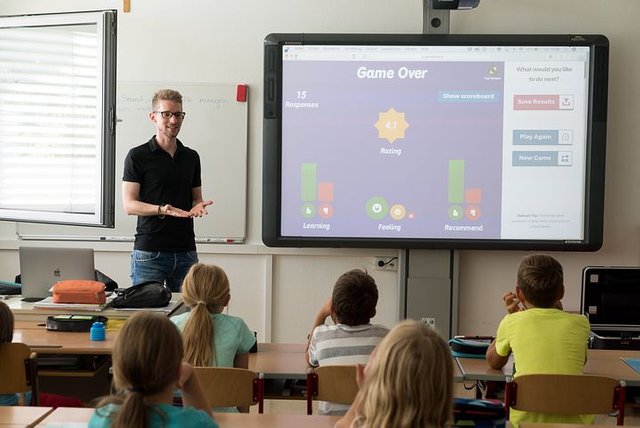PRINCIPLES RELATED TO PLANNING HEALTH LESSON

There are certain basic principles which are necessary to effective lessons planning in health education. You learnt some of them under objectives and activities in the previous section of this unit. Knowledge of these principles are necessary for your effective instructional planning.
You should emphasize the positive, not the negative, aspect of health, that is, the objective is to build up and maintain as high a level of health as possible in each child.
Emphasis should be on acquisition of practical health habits and not on cramming rules of hygiene.
Learning experience must be adapted to the physiological, psychological and social development of pupils.
Instruction must be based on interests, needs, abilities, and background of the pupils.
Learning result from experience, and opportunities must be provided for experience through participation, doing things and reacting to situations.
Problem-solving provides one of the most effective learning situations, but only when problems are real and meaningful to the learner.
The objectives of any activity must be specified in terms of outcome for the learner and must be recognized by the pulpil as personal goals if learning is to be effective.
Instructional activities must be related to the actual experiences of the pulpils.
Learning experience are most effective when the pulpil sees the relationship of one experience to the whole experience.
Learners should be helped in making generalizations to various new experiences.
Each child is unique and learns at his or her own rate and in his or her own way. Thus a variety of activities and materials is essential.
Health work in the school cannot be fully effective unless it is integrated with the life of the home and the community and the forces that can contribute to the child's education.
What age should the kids be, to understand abstract patterns of health education?